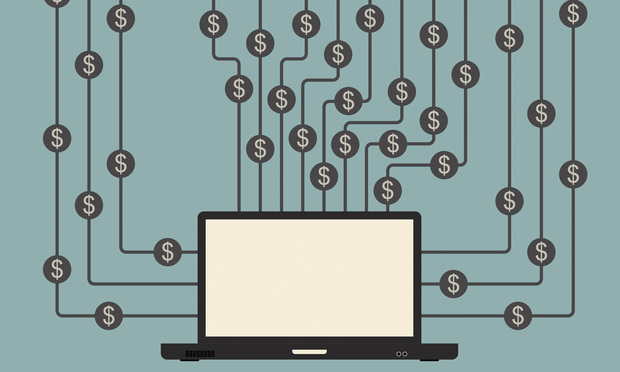It could be time for health and biotech startups to kick Kickstarter to the curb. “With the disclosure requirements of crowdfunding, a company may need to disclose detailed information to hundreds or thousands of individuals with little control over what happens to that information after it is disclosed,” Lisa Adams and Derek Constantine of Mintz, Levin, Cohn, Ferris, Glovsky and Popeo explain. Since health and biotechnology companies often depend heavily on their intellectual property, these disclosures can become problematic for a variety of reasons.
Aside from the general fears of releasing private company information to hundreds of investors, the actual crowdfunding platforms themselves are focused on selling goods and services. Which means they probably haven’t been tailored for companies with patent issues. “It is important for entrepreneurs to realize the potential dangers of granting licenses to their intellectual property through the use of any future crowdfunding platforms,” say the authors.
This content has been archived. It is available through our partners, LexisNexis® and Bloomberg Law.
To view this content, please continue to their sites.
Not a Lexis Subscriber?
Subscribe Now
Not a Bloomberg Law Subscriber?
Subscribe Now
LexisNexis® and Bloomberg Law are third party online distributors of the broad collection of current and archived versions of ALM's legal news publications. LexisNexis® and Bloomberg Law customers are able to access and use ALM's content, including content from the National Law Journal, The American Lawyer, Legaltech News, The New York Law Journal, and Corporate Counsel, as well as other sources of legal information.
For questions call 1-877-256-2472 or contact us at [email protected]






